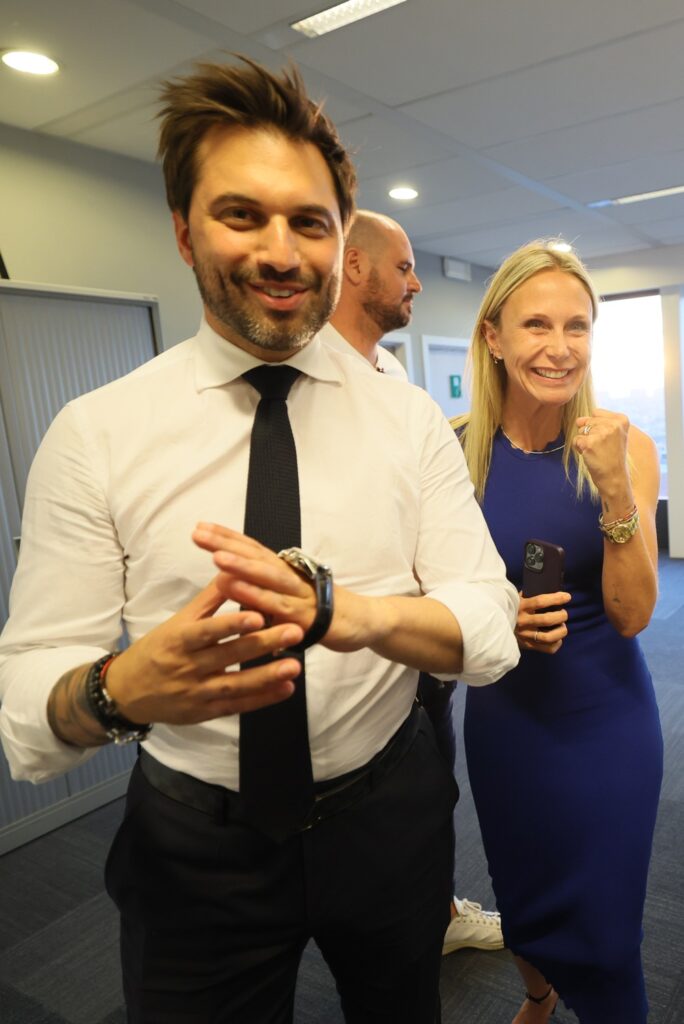The Mons en Mieux movement has lodged an appeal with the Ministry of the Interior against the rejection of its candidate Julie Taton’s change of residence to Mons for the October local government elections.
The ministry has declined to comment on the case.
To run for the local government elections on the Mons en Mieux slate, led by Mouvement Réformateur (MR) president Georges-Louis Bouchez, Julie Taton needs to leave her residence in Walloon Brabant and move to the Hainaut capital.
Ms. Taton is reportedly in the process of moving into an apartment owned by Mr. Bouchez. Her change of address was to be validated by the municipal administration, following a police investigation. However she received a non-registration report.
According to Mons en Mieux, this decision contravenes the city’s regulations. Weighing in on the issue on social media, Bouchez explained that “the sole police visit took place when Julie was on holiday."
"Registering a domicile does not mean house arrest," he argued. "There are no fake residences.”
Bouchez also criticised an alleged information leak from the administration, which he said would result in a lawsuit for private data disclosure.
He also claimed that his slate has been the target of “excessive” checks, pressure and “uncommon political violence” since MR’s victory in the June 2024 federal election, when the party placed first in both Wallonia and Brussels, with 29.6% and 25.9% of the vote respectively.
At that election, Ms Taton was elected in Hainaut.
Bouchez blames the attacks and “fake news” targeting his movement on the Socialist Party, and criticises journalists for not sufficiently reporting on the “numerous failures” of the outgoing municipal administration.
Address changes by candidates shortly before an election are often characterised by the press as opportunistic.
Mons en Mieux defines itself as a pluralistic movement made up of men and women of different political, trade union, religious and philosophical persuasions, and from civil society. Its members come from the 19 villages that make up the Greater Mons area.

